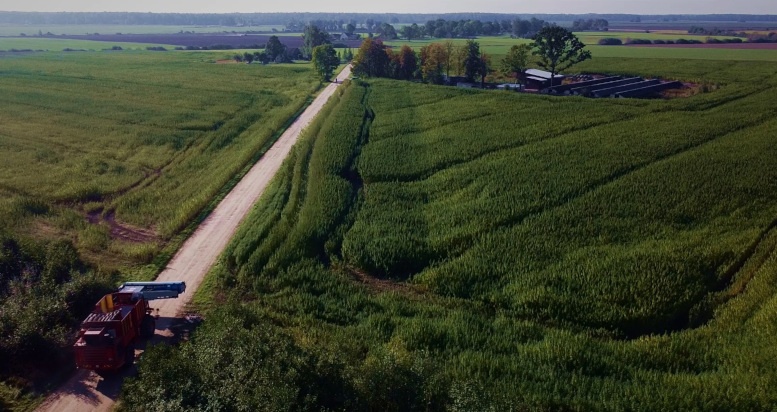Lithuania’s Seimas, the parliament’s upper house, has overwhelmingly passed a set of amendments clearly indicating an intention to allow the production and sale of products from all parts of the hemp plant. While specific rules are to be developed over the next year, the full legalization of industrial hemp could spark the industry to €100 million in sales once things are clarified, supporters of the law have said.
Mykolas Majauskas of the conservative Homeland Union party, an initiator of the law carrying the amendments, said the updates will give farmers and hemp processors a measure of security in planning their investments, and will indicate to consumers what hemp products are legally available.
One of Europe’s biggest growers
“We are one of the largest growers of industrial hemp in the EU. Now we will not only be able to export raw materials, but also produce CBD products and create added value jobs in Lithuania,” Majauskas said.
The amendments, adopted May 20 by the Ministry of Agriculture, complement an existing 2014 law which governs hemp farming. It would legalize manufacturing and sales of products derived from certified industrial hemp varieties that do not exceed 0.2% THC when the plants are in the field. The Seimas passed the amendments 92-8, with 18 deputies abstaining. The measure still awaits signing by Lithuanian President Gitanas Nausėda, which is expected.
Under current law, only food products containing or derived from hemp seeds are legal, in addition to those coming from the hemp stalk; CBD is technically banned, but has been available in Lithuania, primarily through Poland-based online shops operating in the gray market.
Stakeholders cheer
“At the moment we are exporting nearly 100% of our crop abroad. This adds to the final cost of the product due to high raw material transportation cost,” said Tomas Lunskis, CEO at Lithuanian hemp company Hempspot, who welcomed news of the amendments’ passage by the Seimas. “The new legislation creates new job openings during these difficult times. It also puts a new country on the European map where both cultivation and production is allowed,” Lunskis said.
While an oversight agency has yet to be named, sources said hemp will most likely end up under supervision of the country’s Department of Drugs, Tobacco and Alcohol Control.
Laws, rules changing across EU
Rule making over the next year will be against the backdrop of recently clarified guidance on CBD by the European Union. EU countries are in the process of adjusting their laws and regulations according to a decision last year by the European Court of Justice, which ruled in a French case that hemp-derived CBD should not be considered a narcotic, and that the compound should be free for trade among EU members states. That ruling also led the European Commission to reverse it’s previous position that hemp should be considered a narcotic in EU states.
Hemp fields in Lithuania shrank to slightly more than 5,000 hectares last year, with 717 fields registered, a 42% drop from 2019. Farmers planted a total of 22 varieties. One source noted strong demand for hemp seed for food this year, but Lithuanian farmers have also harvested hemp for flowers and fiber, and the market is moving toward balance in uses for the plant.

